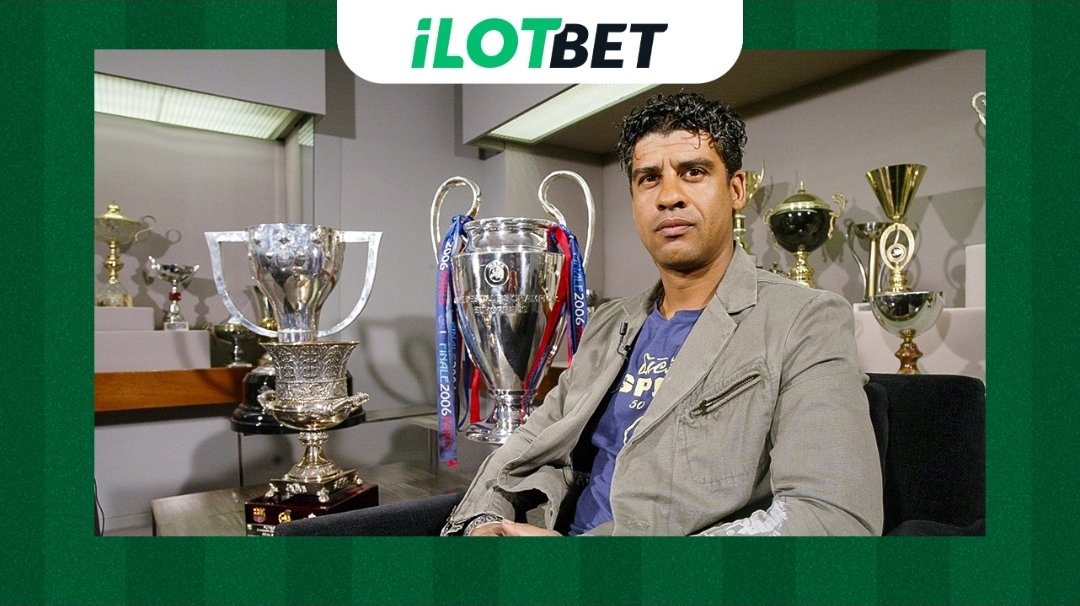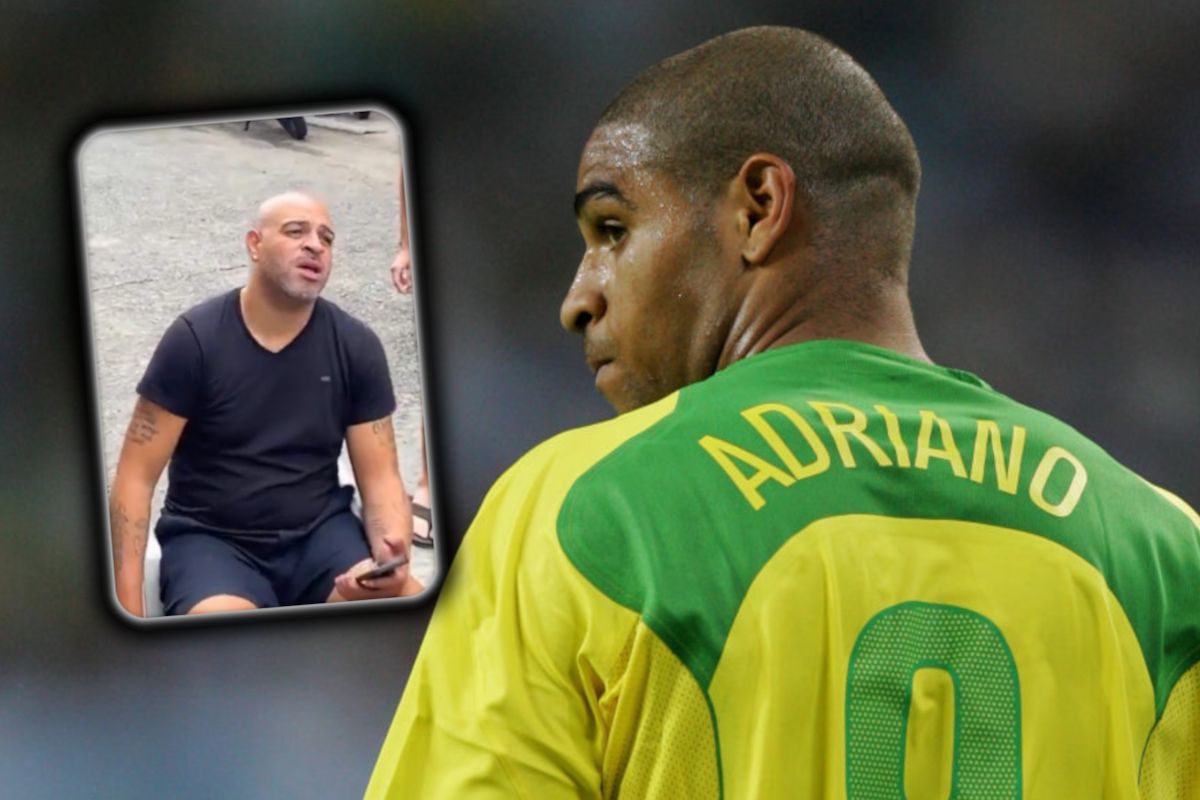When Frank Rijkaard lifted the UEFA Champions League trophy with Barcelona in 2006, many believed he had cemented his place among football’s managerial elite. His Barça team, full of flair, balance, and brilliance, played a brand of football that thrilled neutrals and terrified opponents.
Under his calm guidance, Barcelona rediscovered its identity, conquered Europe, and set the stage for one of the greatest dynasties in football history.
Yet, almost two decades later, Rijkaard’s name has all but vanished from the managerial conversation. While his former players became global icons and his successor, Pep Guardiola, became a tactical revolutionary, Rijkaard quietly stepped away. He hasn’t managed any club or country since 2013.
So, what happened to the man who once built one of football’s most entertaining sides?
The Rise of a Visionary
Before his Barcelona chapter, Rijkaard already had an impressive football résumé. As a player, he was a world-class midfielder, part of that legendary Dutch generation alongside Marco van Basten and Ruud Gullit, winning the 1988 European Championship and lifting multiple European Cups with AC Milan. His understanding of the game from a player’s perspective shaped his calm and intelligent approach as a coach.
When he took charge of Barcelona in 2003, the club was in turmoil. They had gone four seasons without a major trophy, and fan frustration was high. Rijkaard’s appointment wasn’t met with overwhelming excitement; he was relatively inexperienced at the time, having only managed the Dutch national team and Sparta Rotterdam.
But within two seasons, everything changed. Rijkaard, with the backing of then-president Joan Laporta and sporting director Txiki Begiristain, built a team that reflected Barcelona’s “total football” ideals. He trusted young players like Andrés Iniesta and Victor Valdés, brought in stars such as Ronaldinho, and later gave a teenage Lionel Messi his debut.
In 2005, Barcelona won La Liga. In 2006, they conquered Europe, beating Arsenal 2–1 in the Champions League final in Paris. Rijkaard became the first Black coach to win the Champions League, and Barcelona was officially back among the elite.
The Fall, and the Silence After
But football’s glory is fleeting. After reaching such heights, Rijkaard’s Barcelona began to lose its spark. By 2008, the team’s hunger seemed gone, and internal issues crept in. Ronaldinho’s discipline dropped, Deco struggled with form, and the team’s once-fluid system grew predictable. The board decided it was time for a change, and in came Pep Guardiola, who took Rijkaard’s foundation and built an empire.
Rijkaard’s next stops didn’t quite live up to expectations. His spell at Galatasaray in 2009 lasted just over a year before he was dismissed. Then, in 2011, he took charge of Saudi Arabia’s national team but couldn’t guide them to the 2014 World Cup. After his departure in 2013, Rijkaard quietly disappeared from the football scene.
Since then, he has reportedly chosen a private life in Amsterdam.
Why He Never Came Back
Those close to him describe a man who simply fell out of love with the chaos of modern football. Rijkaard was known for his calm personality, almost too calm for the high-pressure environment of elite coaching. He was never one for politics or the media circus that comes with the job.
It’s also worth noting that football evolved rapidly after his Barcelona reign. New tactics, data-driven management, and an increasingly demanding calendar changed the nature of the job. Rijkaard’s easygoing, player-first approach might not have fit the modern era, where coaches are often judged game by game.
His former assistant, Henk ten Cate, once said Rijkaard “didn’t need football to be happy.” And that might be the truest explanation. Rijkaard had achieved almost everything, as a player and as a coach, and simply decided to walk away on his own terms.
To enjoy the mouth-watering offers in Sports Betting and Lottery, create an account with iLOTBET and begin to bask in the fruitfulness of Nigeria’s number one Sports Betting and Lottery











